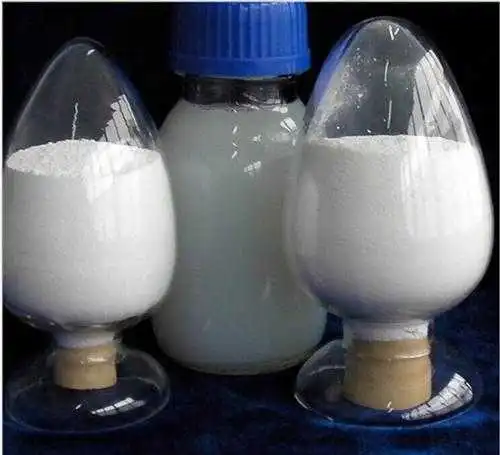FenolisDėl unikalių cheminių ir fizikinių savybių fenolis jau seniai naudojamas įvairiose pramonės šakose ir pritaikymo srityse. Tačiau, tobulėjant mokslui ir technologijoms, kai kurios naujos medžiagos ir metodai palaipsniui pakeitė fenolį kai kuriose srityse. Todėl šiame straipsnyje bus analizuojama, ar fenolis vis dar naudojamas šiandien, kokia jo taikymo būklė ir perspektyvos.
Pirmiausia turime suprasti fenolio savybes. Fenolis yra aromatinis angliavandenilis, turintis benzeno žiedo struktūrą ir hidroksilo grupę. Jis pasižymi geru tirpumu, atsparumu karščiui, elektrocheminėmis savybėmis ir kitomis savybėmis, todėl yra plačiai naudojamas dažų, klijų, tepalų, farmacijos, dažiklių ir kitose pramonės šakose. Tuo pačiu metu fenolis taip pat yra toksiškas ir dirginantis., todėl būtina jį naudoti atsargiai.
Toliau apžvelkime fenolio taikymo sritį. Šiuo metu fenolis vis dar plačiai naudojamas minėtose pramonės šakose. Pavyzdžiui, dažų ir klijų pramonėje fenolis ir formaldehidas gali būti naudojami gerų eksploatacinių savybių dervoms ir klijams gaminti; farmacijos pramonėje fenolis gali būti naudojamas kai kuriems antibiotikams ir skausmą malšinantiems vaistams sintetinti; dažų pramonėje fenolis gali būti naudojamas kaip žaliava azodažams gaminti. Be to, fenolis taip pat naudojamas kaip žaliava kitų organinių junginių gamybai.
Galiausiai, panagrinėkime fenolio taikymo perspektyvas. Nors kai kuriose srityse fenolį pradėjo keisti naujos medžiagos, fenolis vis dar turi plačias taikymo galimybes. Pavyzdžiui, nuolat tobulėjant mokslui ir technologijoms, žmonės ir toliau ieško naujų metodų, kaip pagerinti tradicinių pramonės šakų gamybos proceso efektyvumą ir aplinkos apsaugą. Fenolis dėl savo gerų eksploatacinių savybių ir savybių gali tapti idealia žaliava šiems naujiems metodams. Be to, nuolat didėjant aplinkosauginiam sąmoningumui, žmonės labiau linkę rinktis aplinkai nekenksmingus produktus. Todėl ateityje fenolis taip pat gali būti naudojamas aplinkai nekenksmingesnėse srityse, pavyzdžiui, ekologiškų klijų ir dažų gamyboje.
Apibendrinant galima teigti, kad nors kai kuriose srityse fenolą pradėjo keisti naujos medžiagos, dėl unikalių cheminių ir fizikinių savybių fenolis vis dar turi plačias taikymo perspektyvas. Ateityje, nuolat tobulėjant mokslui ir technologijoms bei didėjant aplinkosauginiam sąmoningumui, manome, kad fenolis vaidins vis didesnį vaidmenį daugiau sričių.
Įrašo laikas: 2023 m. gruodžio 6 d.





